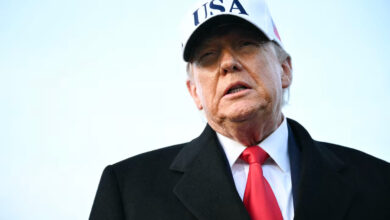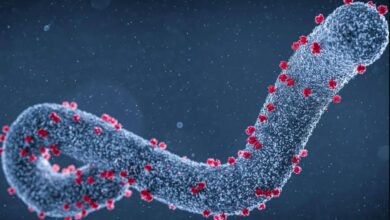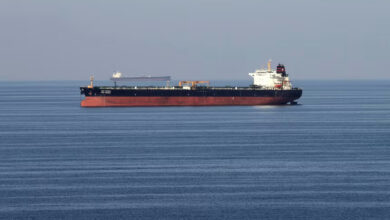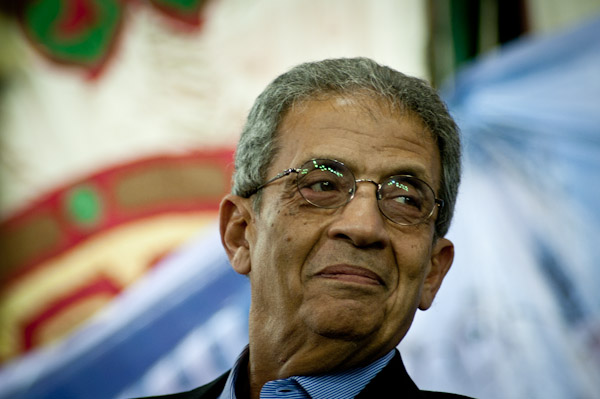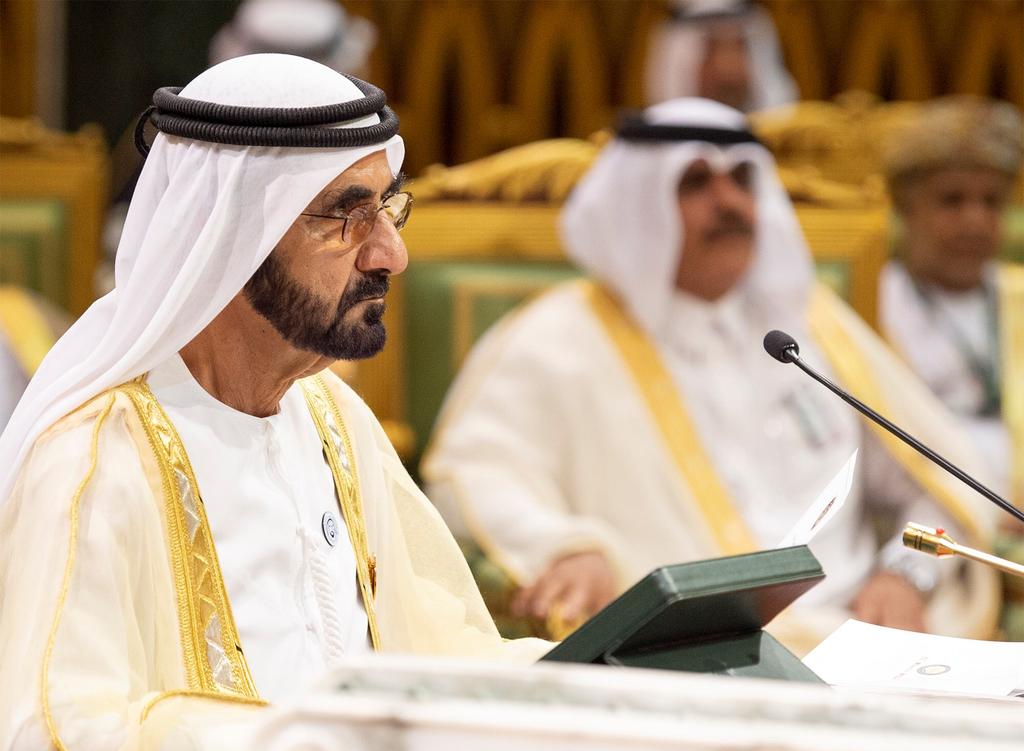
DUBAI (Reuters) – The United Arab Emirates announced a broad government restructuring on Sunday for more “agile and swift” decision-making following the coronavirus pandemic, merging government entities and appointing new economy and industry ministers.
The head of Abu Dhabi’s national oil company ADNOC, Sultan al-Jaber, was named as industry and advanced technology minister and Abdullah al-Marri was appointed economy minister.
The restructuring was announced by UAE Vice President Sheikh Mohammed bin Rashid al-Maktoum on his official Twitter account.
The energy and infrastructure ministries were merged under a single portfolio to be headed by current energy minister Suhail Al Mazrouei.
An ADNOC spokesperson said al-Jaber would retain his post as ADNOC chief executive.
“The aim … is a government that can more quickly make decisions and deal with changes and more adeptly seize opportunities in dealing with this new stage in our history; a swift and agile government,” Sheikh Mohammed said.
He gave it a year to achieve priority targets for the country, which is the region’s business, trade and tourism hub.
Changes include abolishing half of government service centers and converting them to digital platforms within two years and merging around half of federal agencies.
The Federal Water and Electricity Authority, Emirates Post, Emirates General Transport Corp, and Emirates Real Estate Corp were placed under the Emirates Investment Authority.
The economy ministry got two ministers of state — Ahmed Belhoul for business and small and medium enterprises, and Thani al-Zeyoudi for foreign trade. Omar al-Olama was named minister of state for digital economy and artificial intelligence.
“The future working environment in medicine, education and trade will change dramatically and we aim to be at the forefront of these changes,” Sheikh Mohammed said.
In June, the central bank forecast that the oil-exporting country’s economy would likely contract by 3.6 percent this year due to the coronavirus pandemic.
The non-oil private sector grew in June for the first time this year, emerging from months of contraction as coronavirus restrictions were lifted.
Reporting by Maher Chmeytelli, Lisa Barrington, Rania El Gamal and Ghaida Ghantous; Editing by William Maclean and Frances Kerry
Image: FILE PHOTO: Prime Minister and Vice-President of the United Arab Emirates and ruler of Dubai Sheikh Mohammed bin Rashid al-Maktoum attends the Gulf Cooperation Council’s (GCC) Summit in Riyadh, Saudi Arabia December 9, 2018. Bandar Algaloud/Courtesy of Saudi Royal Court/Handout via REUTERS

